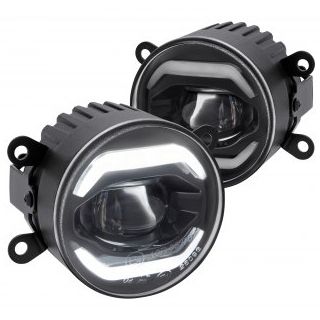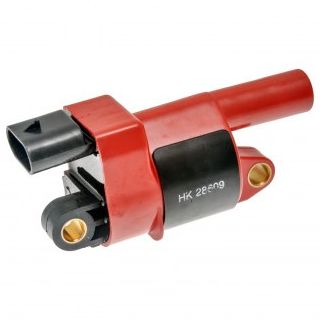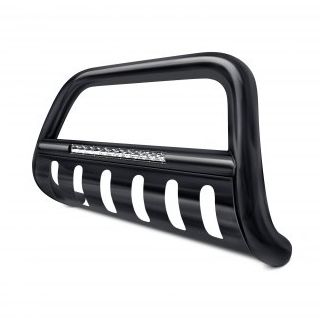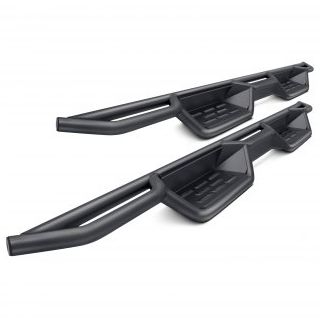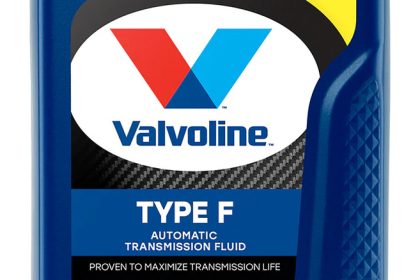
When you visit your local auto parts store, you are presented with a baffling array of products from which to choose. You may hear a lot regarding the different classifications of motor oil, the difference between conventional and synthetic oil, or even about the best motor oil brands, but what about transmission fluid? Transmission fluid options include seemingly inscrutable designations like Dexron VI, Mercon, and ATF+4. You’ve probably also seen Type F fluid on the shelves, but what is Type F transmission fluid and when should you use it?
Type F transmission fluid is meant for automatic transmissions in Ford vehicles made in the 1970s and earlier. It can also be used as power steering fluid in Fords built roughly before 1996. While most other types of transmission fluid use friction modifiers for added viscosity, Type F fluid is actually formulated to help the parts of your transmission grip better while simultaneously lubricating them to prevent premature wear.
You can mix Type F with newer transmission fluids

Although Type F fluid has rust inhibitors and does a good job protecting older Ford transmissions, its low viscosity means it should never be used in newer transmissions that call for Dexron, Mercon, ATF+4, or CVT (Constant Variable Transmission) fluid. Dexron is meant for General Motors vehicles, Mercon Type V is for newer Fords, and ATF+4 is made for the Chrysler family of cars, trucks, and SUVs. Many brands make an ATF labeled specifically for imported cars, but consult your owner’s manual or call your dealership’s service department to determine the correct fluid for your transmission.
If you have an older Ford, like a 1979 Mustang, you can mix Type F transmission fluid with Mercon V or multi-purpose fluid, but you shouldn’t use Type F fluid in newer transmissions. Doing so will cause premature wear to the gears and synchronizers in your transmission and will require it to be rebuilt or replaced prematurely.
[Featured image by Jiri Sedlacek via Wikimedia Commons|Cropped and scaled|CC-By 4.0]




